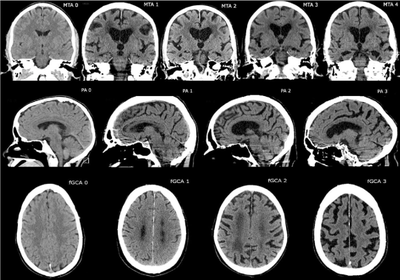Physical Address
304 North Cardinal St.
Dorchester Center, MA 02124
Physical Address
304 North Cardinal St.
Dorchester Center, MA 02124

New research suggests that health factors in early life could influence brain development in ways relevant to dementia risk later in life. According to a recent study published in eBioMedicine, indicators like body mass index (BMI), blood pressure, and physical activity levels during childhood appear to correlate with brain differences by age 20, particularly in regions associated with dementia.
While previous research established connections between mid-life health and dementia risk, this study is among the first to examine potential impacts beginning in childhood. Researchers now suggest that health patterns established during childhood and adolescence may set the foundation for long-term brain health.

Academic experts involved in the study emphasize that teenagers should be aware of how their current health behaviors might affect their brains decades later.
Researchers from the University of Oxford’s Department of Psychiatry, working alongside University College London, analyzed information from 860 participants enrolled in the Avon Longitudinal Study of Parents and Children. This comprehensive research project tracks individuals’ health data over extended periods.
The research team examined multiple health indicators at different developmental stages, including:
Blood pressure and BMI measurements taken between ages 7-17
Physical activity patterns recorded between ages 11-15
Brain scans conducted during early adulthood (approximately age 20)
The longitudinal design allowed researchers to investigate potential relationships between childhood health metrics and brain structure in young adulthood.

The research team discovered that indicators of poorer cardiovascular health during development were associated with structural differences in brain gray matter. Specifically, higher blood pressure during childhood and more rapid BMI increases throughout adolescence correlated with variations in gray matter characteristics, including changes to its thickness and surface area.
These findings suggest a potential relationship between early cardiovascular health metrics and brain development that continues into young adulthood.